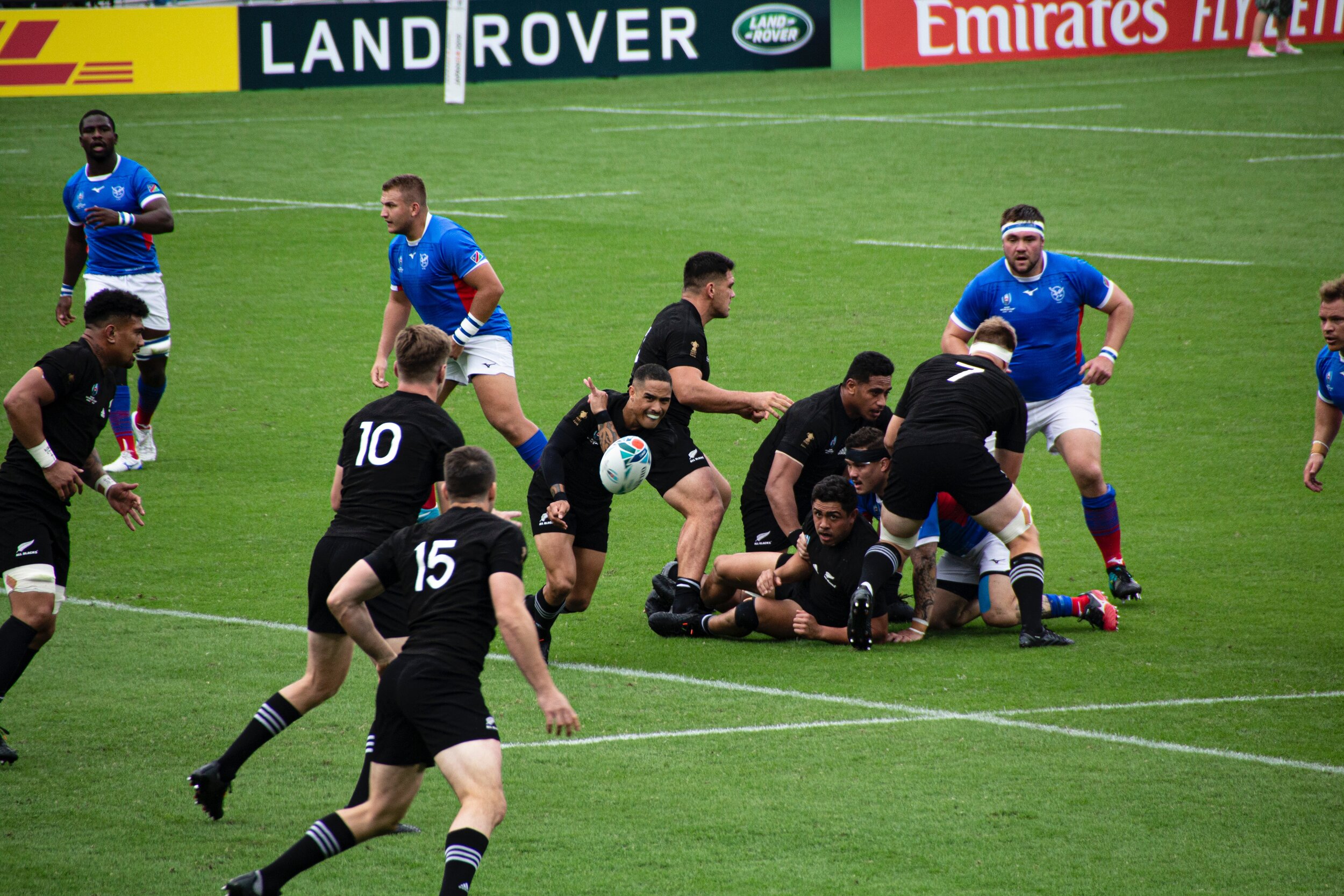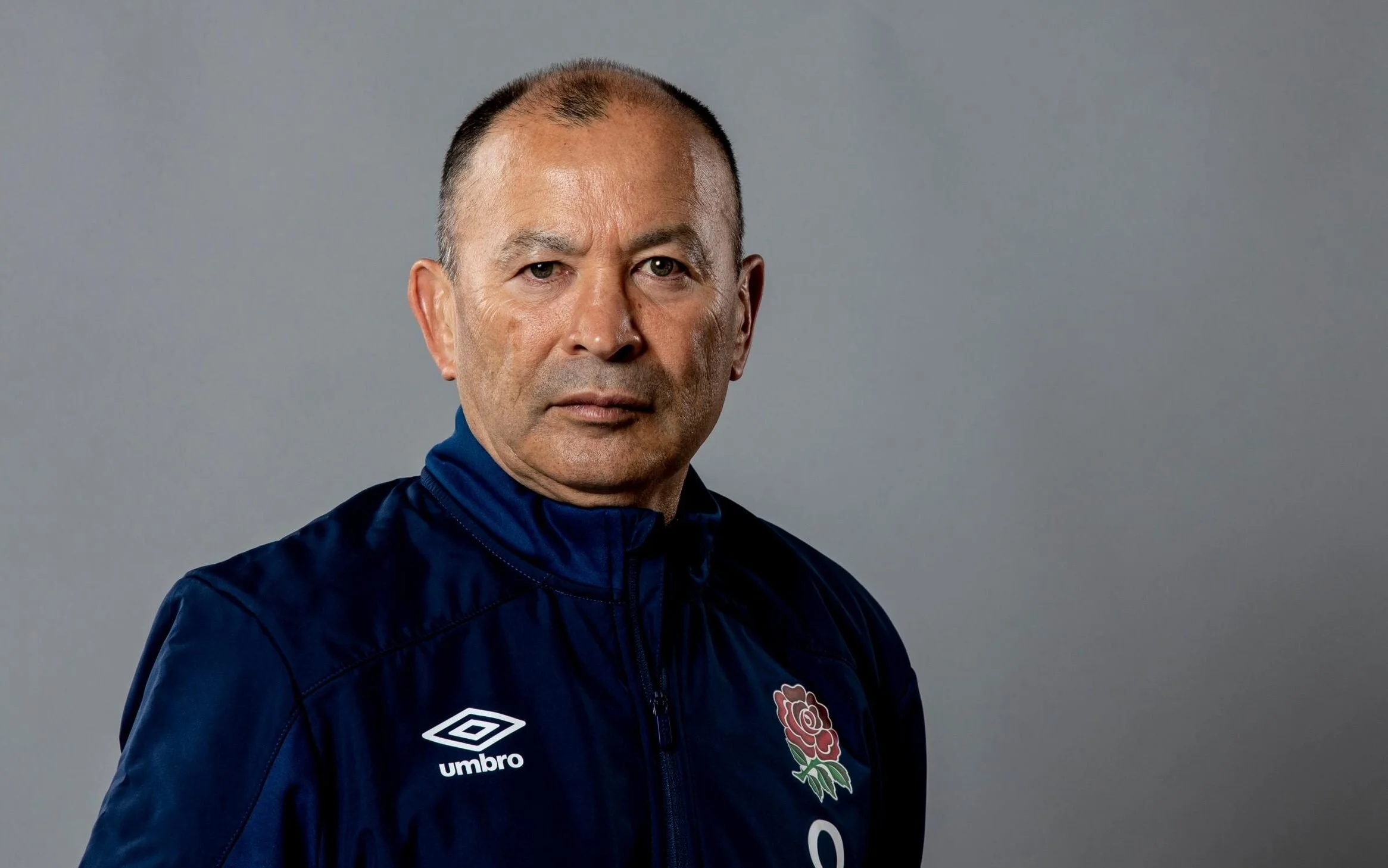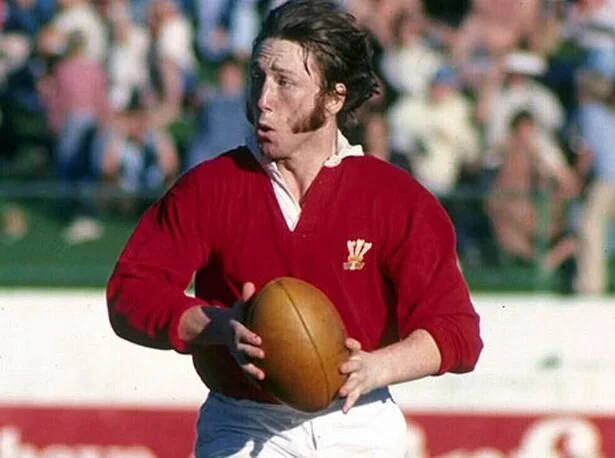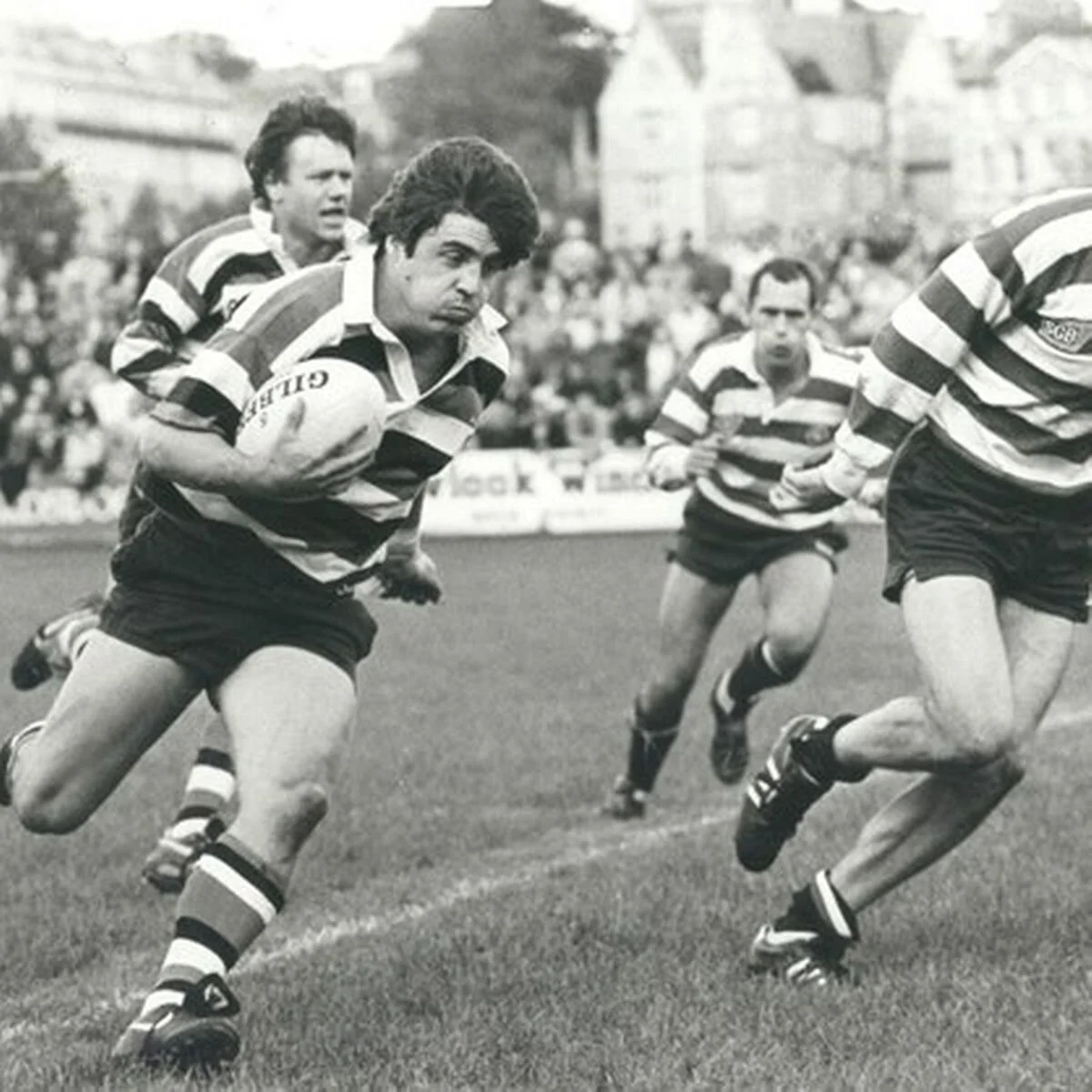
Media
Player welfare issues sully elite rugby showcase weekend

Let's change the game.
For the better.

Rugby in Crisis
-
![]()
Leading orthopaedic surgeon Professor John Fairclough, interviewed by The Rugby Paper 25 November 2013.
"It was a sport for all shapes and sizes, then it became a sport for freaks. There is an inevitability that serious injuries will continue to rise. The human body is not supposed to take that amount of force."
-
![]()
Eddie Jones, talking after masterminding Japan’s memorable 34–32 World Cup triumph versus South Africa, October 2015.
“The problem is the power is there the whole game. You have 15 players and you can replace half your team. The ball needs to be in play for longer. The more fatigued players are, the more space there is.”
-
![]()
Dylan Hartley in the Guardian, August 2020.
“My generation of players have been crash dummies for a sport in transition from semi-professionalism. It is being reshaped, subtly but relentlessly, by money men, geo-politicians, talking heads and television executives. They treat us as warm bodies, human widgets. Players cut the ends off their boots so they can play with broken toes. They gobble painkillers like Smarties. After matches dressing rooms are like M*A*S*H clearing houses … People are being put back together with stitches and glue. Senior players have bits falling off them.”
-
![]()
-
![]()
Welsh full-back JPR Williams, an orthopaedic surgeon, 29 November 2013.
“If it’s all going to be about size, then rugby union will die. The players now are much bigger, less skilful and it’s all about power now. Before any game the players are warming up for an hour and a half, that is totally ridiculous. It’s all because of these fitness coaches who feel they need to justify their jobs.”
-
![]()
-
![]()
Writer Michael Green, author of The Art of Coarse Rugby, speaking in December 2014.
“Modern rugby has developed to the point where if it goes down any more avenues it will cease to be rugby and become another game. We are getting very close to American football with all the delays, the TMO, multiple officials, the use of technology, huge numbers of replacements seemingly coming and going at will.”
-
![]()
-
![]()
-
![]()
Sir Gareth Edwards, February 2016.
“Rugby union has become a cross between rugby league, with all its long-strung lines of players across the pitch intent on bashing into each other, and American football, with its play book of set pieces which everyone has to learn off by heart. Rugby needs to get back to the times when the tackled player had to release the ball as soon as he was held and his knee hit the floor when, as a result, turnovers were commonplace rather than as rare as hen’s teeth.”
-
![]()
-
![]()
Daily Mail rugby correspondent Chris Foy, 4 March 2016.
“When centres and wings are the same weight as amateur era locks, the evolution of professional rugby has reached a dangerous stage. There are no places of refuge from the onslaught. Anything that encourages downsizing is worth weighing up, so to speak. Rugby must remain about confrontation and courage to go with the myriad skills required but if only the biggest beasts can survive in the jungle, the threat of extinction will grow and grow.”
-
![]()
Rugby agent and former Scotland winger Shaun Longstaff in a BBC Scotland interview, 31 August 2016.
“It is definitely a game of how big can we get players. The main theme is violence at the breakdown for certain directors of rugby. There are coaches who openly talk about the G-force on the hits. I don’t know the way forward, I just know that I’m worried, and have been for ages.”
-
![]()
-
![]()
Welsh Rugby Union chairman Gareth Davies, the former Wales fly-half, talking to BBC Wales Live Radio on 9 November 2017.
“When I played, no one tore biceps or hamstrings off the bone. No one had stinger injuries and what is happening is a player’s muscular set-up is not natural, while your ligaments and bone structure remain the same. It is the load that causes the problems. Twenty-two years on from the arrival of professionalism, I think we are probably paying the price.”
-
![]()
Veteran rugby correspondent Peter Jackson in The Rugby Paper, 26 August 2018.
“Had someone devised a table for the League of Broken Bones, the Dragons would almost certainly have finished last season top of the pile. According to their medical records, a total of 27 players underwent a total of 32 operations during the course of the campaign … by the time they had negotiated the first month of last season, the Dragons had a casualty list that stretched to the equivalent of two complete XVs.”
-
![]()
New Zealand Herald sports writer Gregor Paul, 1 February 2019.
“I am not totally sure I want my son to play rugby.” French prop Jefferson Poirot, December 2018. “Right now, New Zealand rugby is bobbing along above the water, but there is a massive hole in the hull and, just like the Titanic, the game here is in danger of sinking. Rugby is categorically not the game of choice for boys aged 13–18. Figures from the last three years show that around 3,000 boys give up rugby between the ages of 10 and 13. Of those still playing at 13, more than half were lost to rugby by the time they were 18. That’s not the worst of it, though. The total number of boys playing rugby every year is dropping.”
-
![]()
Sam Warburton in his autobiography, Open Side, September 2019.
“People are dying on rugby pitches. In the seven months between May and December 2018, there were five deaths recorded during a match or as a direct result of playing rugby. Rugby’s just a game. It’s not worth dying for. And if something isn’t done soon, then a professional player will die during a game in front of TV cameras, and only then will people demand that steps must be taken.”



















